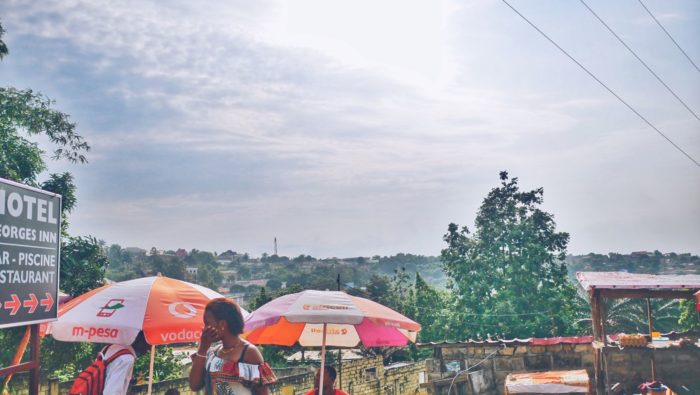
The New Scramble for Africa: Questioning the Nexus Between Transnational Law and Capitalism

For the past fifteen years, the stakes of Africa’s geological wealth have positioned the continent as the global economy’s last frontier. Cobalt, a core component of lithium-ion batteries, and rare earths, a critical feature of wind turbines, are the green gold of the energy transition. These resources are found in two countries best-known for the violence of their (post)colonial trajectories, the Democratic Republic of the Congo and Burundi. Is the new Scramble for Africa ushering in a more just future – away from the geological scandals of the past?
To be sure, the intensely competitive Far West-like rush into the continent, pitting the US and China along with former European imperial métropoles, looks like a repeat of the past, except with a twist: the formidable judicialization of the international scene in the past thirty years, that has transformed domestic and global politics into legal battlefields.
Is the endless pull of inter/national law to solve geopolitical problems a siren’s call? Or can law transform the status quo of Africa’s subaltern position in the world economy?
The position of the DRC and Burundi as at once backwaters and vanguards of capitalism raises an acute problem for Socio-Legal scholarship. We still lack the theoretical tools needed to track the flows of circulation of transnational law, and its role in justifying Africa’s uneven and unequal relationship with capitalism.
At summits organized between the European Union and the extractive industry, like the European Sustainable Energy Week, two policy moves are promoted: industry innovation or ‘good governance,’ that resource-rich states need to be reformed, and that multinational corporations should self-regulate to foster transparency.
Except in the current conjuncture these responses are at best inadequate, at worst disastrous. For the first time since Italy’s city states, finance is global but uncontrollable. Foremost we lack empirical knowledge on the individuals and institutions that produce and use law in shaping the relationship between resource-rich African economies and global value chains.
The problem is not lack of data per se but its segmentation. Burundi provides one of the most violent illustrations of the effect of this knowledge gap. Competition for Burundi’s rare earths (in a global context where China controls the bulk of this minerals market) is deployed in a country that has been the recipient of three decades of North-led rule of law reforms. These reforms have not only failed to rebuild the state; they have also exacerbated political elites’ predatory extraction of the state’s resources and civil society’s acute dependency on development aid.
But these reforms have not simply failed. They are also reflective of imperial hangovers. To attend to the problem of the future, we need to explore the legacies of past entanglements between law, politics, capitalist accumulation, and knowledge in shaping Africa’s present relationship with the world economy.
This requires us to depart from the current historiographic obsession with either the 1960s’ era of independence, or the 1980s’ neoliberal turn. Law constitutes a powerful entry-point for this – but provided that we look for the state in places we are not used to finding it, the legal field, and for transnational law’s tracks of circulation in the relationship between capitalism’s cores and its peripheries.
Borrowing Bertrand’s expression, I call these relationships imperial encounters: symbolic, institutional, and professional spaces of real connections that offer a vista into histories that are connected due to their reciprocal embeddedness in imperial legacies and because they reflect concurrent transformations in capitalism’s cores and its so-called peripheries.
The exceptionality of the trajectory of the Great Lakes region since the 1885 Berlin Congress provides a formidable starting point. Not only as the epitome of law’s imperial entanglement. Not even as a region that has been at the heart of the three Scrambles for Africa, in the 19th century, the Cold War – and the present. But because looking at the legal intermediaries – be they lawyers, merchants, local chiefs, corporations, or international financial institutions – that are renegotiating the region’s relationship with capitalism underscores that the past matters, in a messy, haphazard way. Attending to the past relationships that shape over time the nexus between law, politics and capitalist accumulation is the only way out: to enable us, to breathe better, without suffocating what has become the lung of the global economy.
A more detailed articulation of this research agenda can be found in my chapter Africa’s lawyers. From imperial agents to legal brokers in global markets.

